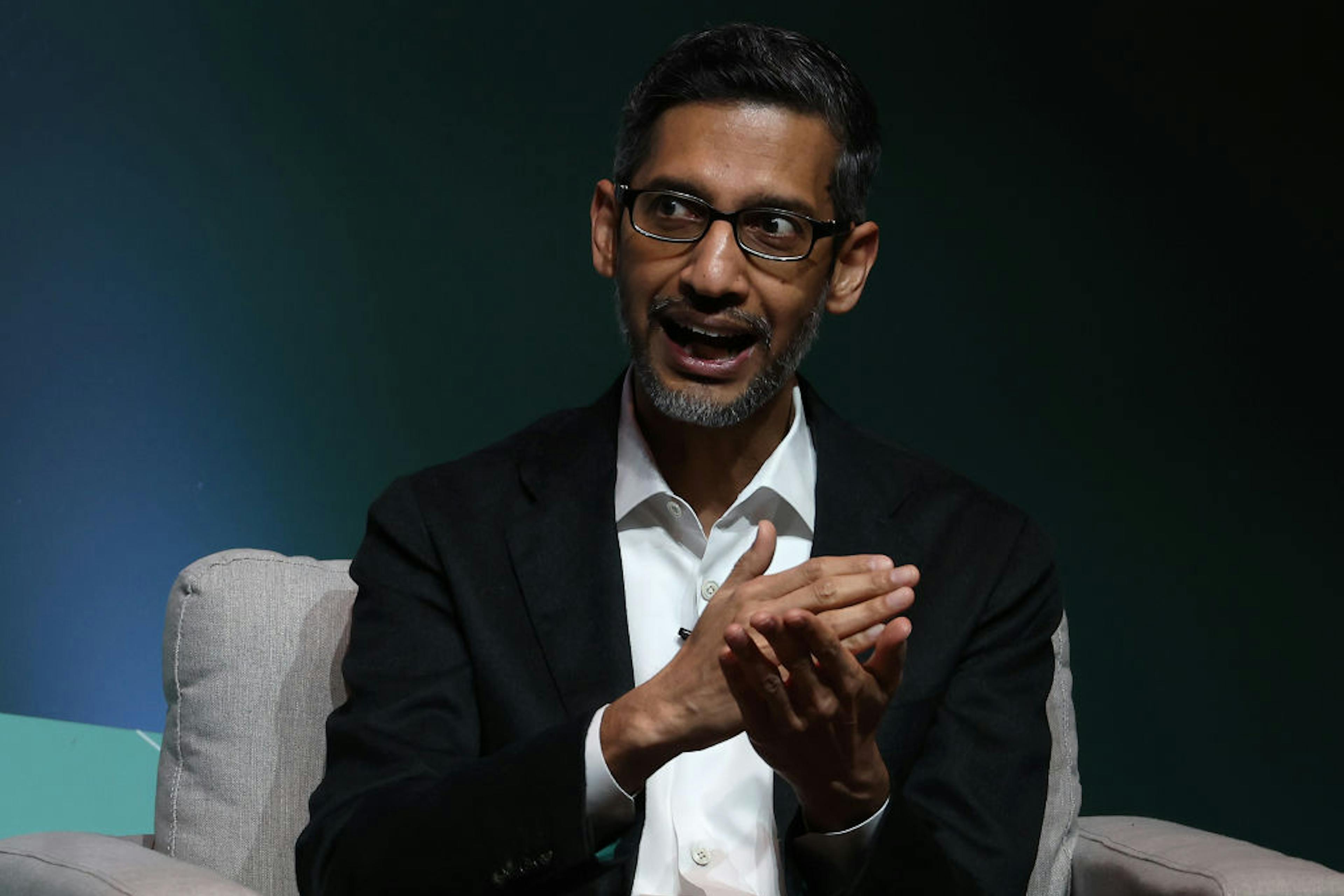Artificial intelligence is fueling a nuclear renaissance
Google is investing in a nuclear-energy startup to help fuel its AI ambitions.
One of my favorite unexpected developing stories in the artificial-intelligence saga has been the role that AI usage by big tech companies has played in shaping the development of new energy projects in the US. In July, I discussed how in 2021, Google set a goal to reach net-zero emissions by 2030 and reduce its total emissions by 50% compared to a base level of 2019, but in 2023, its emissions had actually increased over the last four years. The reason? “Data center energy consumption and supply chain emissions,” and Google stated that “reducing emissions may be challenging due to increasing energy demands from the greater intensity of AI compute.”
On Monday, The Wall Street Journal reported that Google is taking an interesting approach to addressing this emissions problem: by investing in the construction of new nuclear reactors.
Google will back the construction of seven small nuclear-power reactors in the U.S., a first-of-its-kind deal that aims to help feed the tech company’s growing appetite for electricity to power AI and jump-start a U.S. nuclear revival.
Under the deal’s terms, Google committed to buying power generated by seven reactors to be built by nuclear-energy startup Kairos Power. The agreement targets adding 500 megawatts of nuclear power starting at the end of the decade, the companies said Monday. …
The 500 megawatts of generation that would be built by Kairos for Google is about enough to power a midsize city—or one AI data-center campus.
Google isn’t the first, or even the second, big tech company to agree to a deal like this. Last month, Microsoft signed a deal to restart a nuclear power plant on Three Mile Island, and six months before that, Amazon signed a $650 million deal with Talen Energy to buy nuclear power for an AWS data center.
The logic behind these deals is simple: nuclear energy is roughly four times more efficient than solar, it’s safer than all other forms of energy except solar (and that includes deaths from Chernobyl and Fukushima), and it’s the cleanest form of energy we have, generating just 11% of the emissions of solar.
But the up-front costs of building new reactors is expensive, and nuclear still has PR struggles due to, you know, meltdowns at Fukushima, Chernobyl, and Three Mile Island. However, big tech companies have a lot of money to spend (Alphabet, Google’s parent company, had $108 billion of cash and cash equivalents on its balance sheet as of March), and nuclear presents the most readily available path to managing their emissions as they continue to invest in AI infrastructure.
It will be ironic if, 10 years from now, the lasting impact of generative AI wasn’t the content created by LLMs, but the proliferation of nuclear power across the US.
